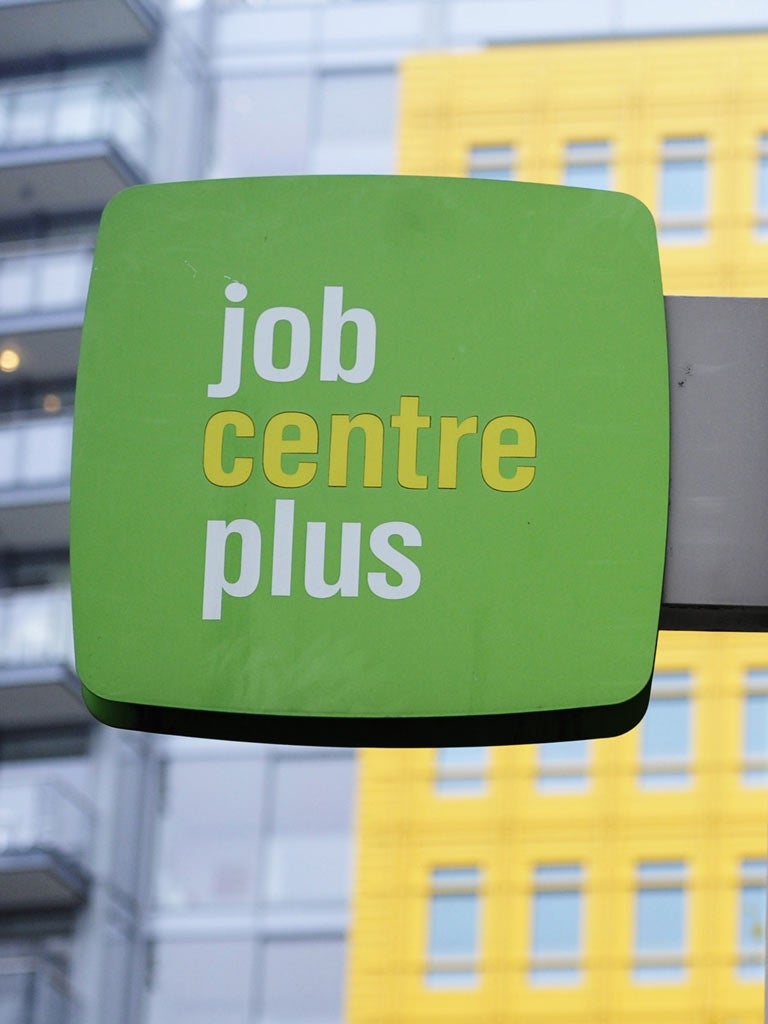Fact File: Welfare Reform

Once the envy of the world, the British welfare system is no longer a unifying source of national pride. Instead it has become – depending on your point of view – the subject of much-needed reform or the victim of merciless cuts.
While most agree that a system in which a life on benefits is more financially secure than a low-paid job is flawed, the solution to this state of affairs is a source of dispute. Should benefits be cut? Do tax credits work? Is low-pay the real problem?
In 2011, the Government introduced their Welfare Reform Bill, which aimed to replace dozens of benefits with a “universal credit”. The stated aim was to simplify the system, but the passage of the bill was dogged with controversy.
Macmillan Cancer Support said around 7,000 cancer patients would be worse off, the Fawcett Society said the Government had failed to assess the impact on single mothers and The National Autistic Society decried the impact on disabled people.
Perhaps the greatest ideological split, however, arose over “workfare”, an American import which would make unpaid work for private enterprise compulsory for certain benefit claimants. Despite Ian Duncan Smith’s attempts to dismiss left-wing critics of the scheme as "job snobs", by February 2012 a growing public outcry had caused several major retailers including Sainsbury’s, Waterstones and Poundland to pull out of the scheme.
With public opinion such an obvious influence on policymaking, the role the press plays in shaping attitudes must also be scrutinised. Is the “something-for-nothing” benefit scrounger the bane of modern society? Or a distracting and dangerous media phantom?
The Numbers
75% - Britons who think the nation spends too much on welfare and should cut benefits, according to a 2012 survey. Source: Prospect magazine
1.6m – The number of people claiming Jobseeker’s Allowance (JSA) as of May 2012. This figure is up 96,300 on a year earlier. Source: ONS
465,000 – Job vacancies in the three months leading up to May 2012. Source: ONS
£26,000 – Maximum amount in benefits a British family can claim, after the introduction of the benefits cap. For childless single people the amount is £18,300. Source: Department of Work and Pensions
£35,000 – Per annum income of the average British family. Source: Channel4
67,000 – Estimated number of British households affected by the benefits cap. Source: Department of Work and Pensions
Further Reading
Cameron is the David Brent of welfare reform, Matthew Norman, The Independent, 2012
Cameron plays politics with Britain’s welfare system, can Labour respond with policies? Nick Pearce, OpenDemocracy.net, 2012
Hatred of those on benefits is dangerously out of control, Owen Jones, The Independent, 2012
Why Britain’s fallen out of love with the welfare state, Dominic Sandbrook, The Daily Mail, 2012
Workfare’s unfair blame game, Laurie Penny, New Statesman, 2012
The attacks on workfare just don’t stack up, Dan Hodges, The Telegraph, 2012
Timeline
1911 – Under pressure from the Labour Party, Liberal Prime Minister Lloyd George introduces the National Insurance Act.
1948 – Labour Prime Minister, Clement Attlee establishes the National Health Service.
Oct 2010 – Ian Duncan Smith announces the “universal credit” at the Conservative Party conference
Feb 2011 – The Government publishes its Welfare Reform Bill
March 2012 – After a period of “ping-ponging” between the Houses, the Welfare Reform Act 2012 becomes law.
June 2012 – In a speech in Kent, David Cameron signals the end of “compassionate Conservatism” with plans for a further crackdown on welfare spending.
Join our commenting forum
Join thought-provoking conversations, follow other Independent readers and see their replies
Comments
Bookmark popover
Removed from bookmarks